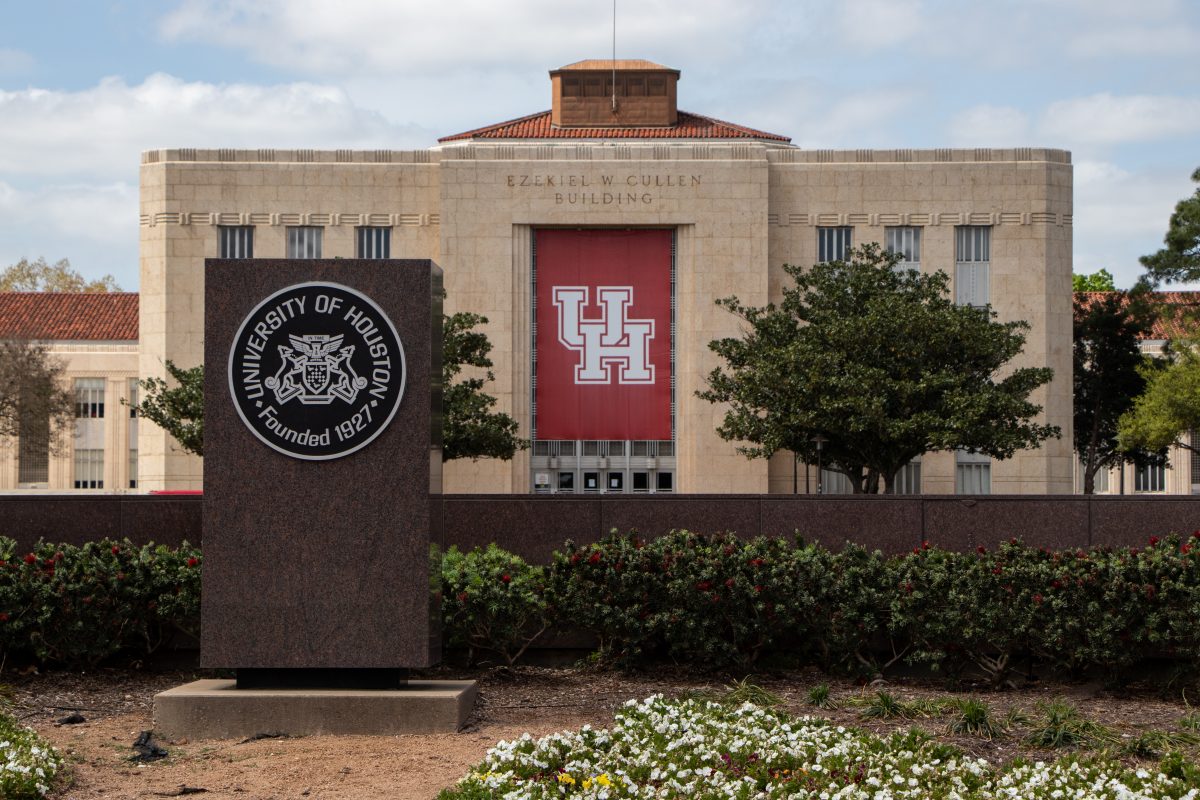Introduction to the Issue
The University of Houston has announced that a small number of its international students have been affected by a nationwide effort to revoke visas and remove the legal immigration status of students from abroad. This move is part of a broader crackdown on student activism at public campuses across the United States.
Background on the Visa Revocations
According to the University of Houston, since March 25, a small number of international students have been impacted by SEVIS terminations and/or visa revocations. The university has encouraged its international students to remain in close contact with the International Student and Scholar Services Office and to reach out with any concerns. Other local universities, such as Texas Southern University, Rice University, and San Jacinto College, have also been affected, although the extent of the impact varies.
Nationwide Crackdown on Student Activism
Across Texas, a growing number of international students have had their visas revoked by the U.S. government as part of a nationwide crackdown on student activism at public campuses. At least 115 students and recent graduates in Texas have had their legal status changed by the U.S. Department of State over the last few weeks, according to data compiled by Inside Higher Ed and Texas Newsroom partners. This number is part of a larger trend, with over 600 people nationwide caught in a wave of visa revocations.
University-by-University Breakdown
At Texas A&M University, officials confirmed that at least 19 international students have had their visas revoked. Similarly, at least 62 students and graduates at the University of Texas have had their visas canceled at campuses in Austin, Dallas, San Antonio, and El Paso. Other universities, such as Texas Woman’s University, Texas Tech University, and the University of North Texas, have also seen students affected by the visa revocations.
Reasons Behind the Revocations
In many cases, the federal government has offered little to no explanation for the visa revocations. Students often receive abrupt notifications and are thrust into sudden deportation proceedings. Jarred Slater, a managing partner and attorney at the Houston-based Quan Law Group, noted that the reasons behind the revocations can be unclear, with some students facing revocation for seemingly minor infractions.
Impact on Students
The visa revocations have left many students in a state of uncertainty, with some forced to leave the country and others facing deportation proceedings. School officials have confirmed that some impacted Texas students have already left the country, while others are choosing to defend their cases or reinstate their visas, a process that can take months to years.
Government Response
Secretary of State Marco Rubio has stated that the federal government will revoke the visas of students who participate in any movement that vandalizes or causes disruptions on university campuses. However, critics argue that this policy is overly broad and could have a chilling effect on free speech and student activism.
Concerns About Free Speech
The growing number of visa revocations has raised concerns about the impact on free speech and student activism. Sirine Shebaya, executive director of the National Immigration Project, believes that the revocations could become a slippery slope, with the federal government using them to target students who express certain kinds of political speech.
Conclusion
The visa revocations have significant implications for international students in the United States, particularly those who are involved in student activism. As the federal government continues its crackdown on student activism, it is essential to consider the impact on free speech and the rights of international students. The situation is complex, and the outcome is uncertain, but one thing is clear: the visa revocations have already had a profound effect on the lives of many students, and their consequences will be felt for years to come.




